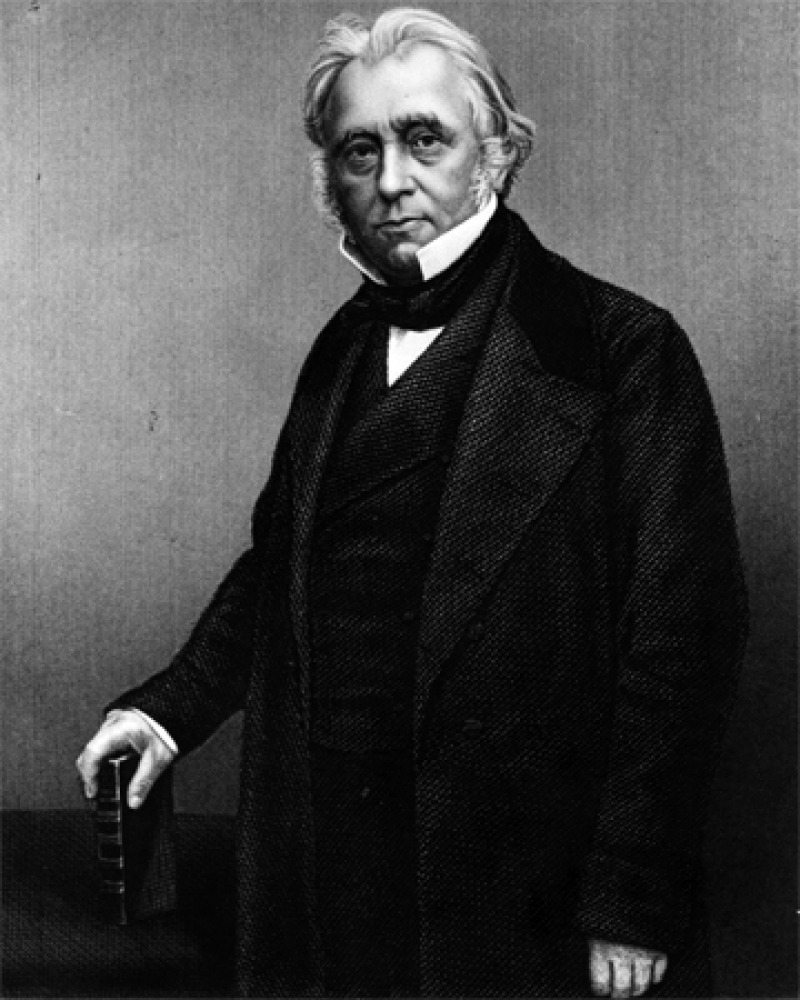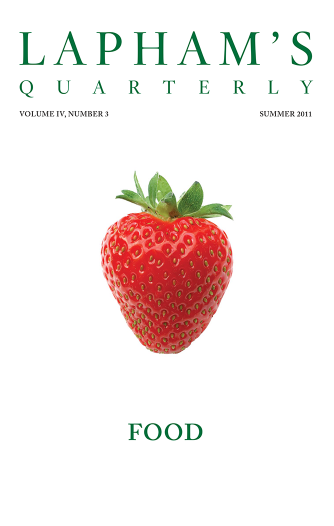
Thomas Babington Macaulay
“Milton,”
1825
“Milton,”
Of all people, children are the most imaginative. They abandon themselves without reserve to every illusion. Every image that is strongly presented to their mental eye produces on them the effect of reality. No man, whatever his sensibility may be, is ever affected by Hamlet or Lear as a little girl is affected by the story of poor Red Riding Hood. She knows that it is all false, that wolves cannot speak, that there are no wolves in England. Yet, in spite of her knowledge, she believes; she weeps, she trembles; she dares not go into a dark room lest she should feel the teeth of the monster at her throat. Such is the despotism of the imagination over uncultivated minds.
In a rude state of society, men are children with a greater variety of ideas. It is, therefore, in such a state of society that we may expect to find the poetical temperament in its highest perfection. In an enlightened age there will be much intelligence, much science, much philosophy, abundance of just classification and subtle analysis, abundance of wit and eloquence, abundance of verses—and even of good ones—but little poetry. Men will judge and compare, but they will not create. They will talk about the old poets and comment on them, and to a certain degree enjoy them. But they will scarcely be able to conceive the effect that poetry produced on their ruder ancestors, the agony, the ecstasy, the plentitude of belief. The Greek rhapsodists, according to Plato, could not recite Homer without almost falling into convulsions. The Mohawk hardly feels the scalping knife while he shouts his death song. Such feelings are very rare in civilized community, and most rare among those who participate most in its improvements. They linger longest among the peasantry.

